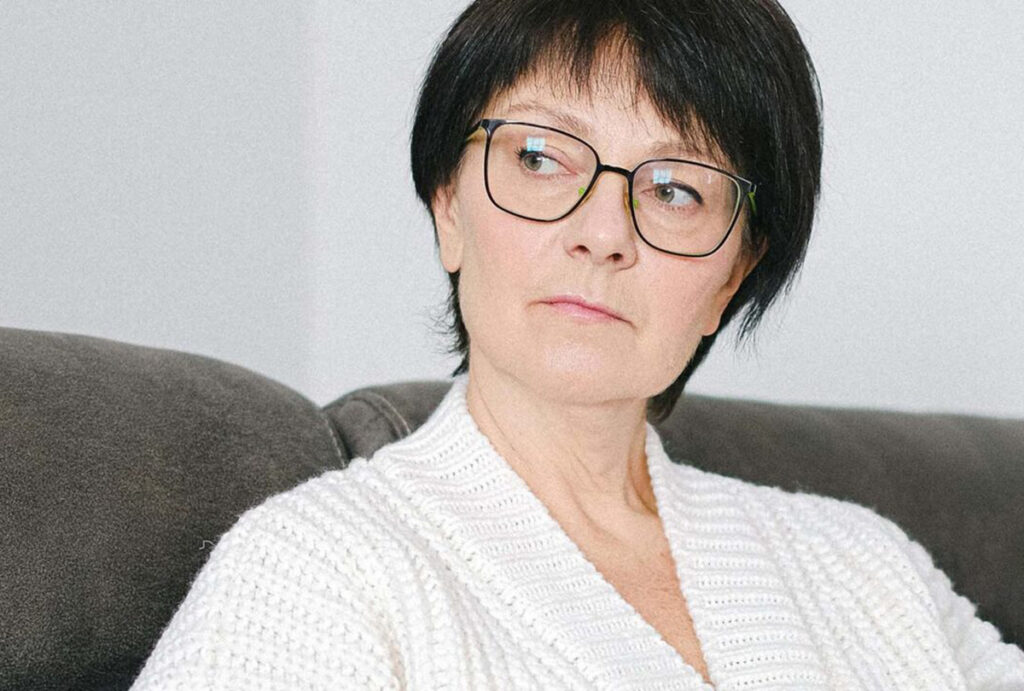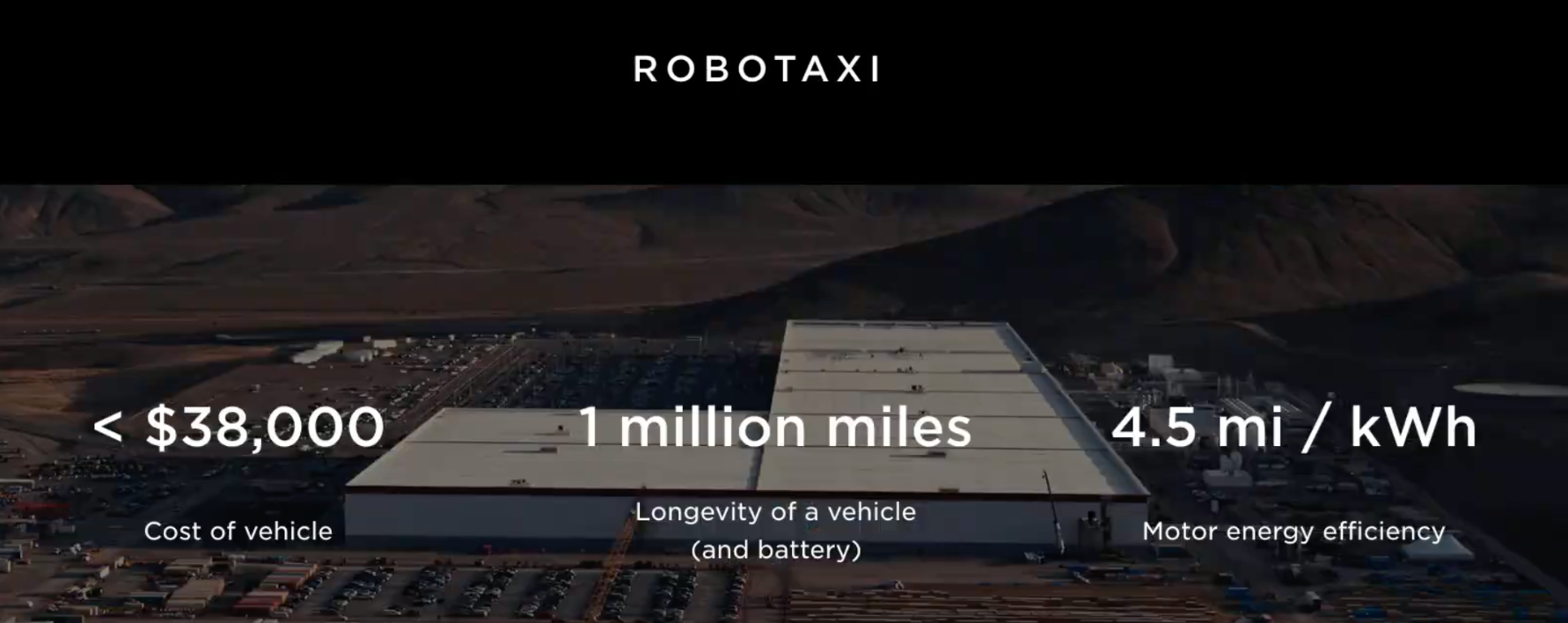
New national survey data shows that engaged Canadian women are questioning our country’s energy policies, (for example, the highly divisive federal carbon tax), and the number of women who care about these policies is also growing.
These women are connecting the dots between energy policy and its effect on our national economy and energy prices, which in turn trickles down to impact their own personal prosperity and energy security.
The findings are from our spring omnibus survey that polls women on issues that matter most to them — as in, policies that will affect their daily lives, and their household budgets.
This omnibus survey is the latest of many polls we’ve taken over the last year to understand what women are invested in and prioritizing. For this spring survey we again commissioned the preeminent national research firm Leger to capture the voices of women on the topic of energy in Canada.
While we are still unpacking these new survey results, two major trends have already emerged — engaged women are not convinced Canada has good energy policy that will positively impact our country as a whole, as well as their personal prosperity.
And the number of women paying attention to these issues has grown considerably over the past year, as Canadians in general struggle with the affordability crisis.
Engaged women are not confident in Canada’s energy policy
According to these national polling results, more than one third (34%) of Canadian Engaged Women disagree that Canada has good energy policy, explains Paige Schoenfeld, Senior Vice-President at Leger.
Only about one quarter (27%) agree that Canada has good energy policy, while 38% told us they are neutral.
More than half (57%) recognize the impact energy policy has on economic and personal financial well-being, yet also perceive significant gaps in balance, support, and inclusivity within current policy frameworks — highlighting a critical area for improvement. This indicates that many Canadian women are unified in wanting a different approach to energy policy, says Schoenfeld.
Familiarity with energy policy is also high, as 68% of Engaged Women told us they are familiar with energy policies in Canada, and 63% are familiar with energy transformation and its impact on economic prosperity, energy security, or the environment.
And finally, engaged women think there are policy gaps when it comes to balancing the cost of living with support for the environment, as well as gaps around recognizing that a diverse energy mix helps support Canadian prosperity, says Schoenfeld.
Nearly one third (32%) disagree that the energy policy decisions governments are making are right for them and their families, she says.
More Canadian women are “engaged” than before
The number of Canadian women who identify as an “engaged woman” has grown from 24% to 34.5% in just the last year — which is a massive increase from a statistical standpoint.
Who is an engaged woman?
Engaged women are well informed. They take in the news, understand the connection between the economy and energy, and want a voice in the conversation. They are interested in learning more and how they can support dialogue about issues facing Canadians including wealth and prosperity. Engaged women are present in all the provinces across Canada, aligned with the national population.
Statistically this 10.5 percentage point increase in audience amounts to an incremental 1.2 million women in Canada — climbing from 3.8 million women when we polled a year ago, to 5.6 million women today.
This increase in the number of engaged women is a result of growing interest in what can be done to address important issues facing Canadians, as well as wanting a say in the future of energy in this country, says Tracey Bodnarchuk, CEO of Canada Powered by Women.
“It is not surprising we are seeing the expansion of this audience, given engaged women take in the news and are very aware of how challenging the cost of living is across the country. Results like this showcase how important it is that Canada Powered by Women stay the course and continue to give women the opportunity to share what they think about their priorities and energy policy,” says Bodnarchuk.
“It is our commitment to amplify what they tell us, so policy makers can take what they say into consideration.”
What we’re asking about next
One of our priority areas going forward is to dive in and get more specific about perceptions around energy policy and its impact on our Canadian standard of living.
Our 2023 surveys were clear that women are feeling pushed beyond their financial capacity and are concerned with how the affordability crisis affects their daily lives, signaling a need for energy policies that address these challenges and offer balanced tradeoffs.
In the months ahead we will deepen our understanding and findings with additional targeted surveys on these topics, and report back what we hear from Canadian women.
We’ll present key findings in person at a CPW members’ event on June 18 in Calgary and a coinciding national campaign, as well as sharing updates via our Perspectives newsletters and website. For more details about upcoming events and first access to findings, be sure to join our community.
Survey methodology
The survey data is from Leger’s Omnibus Study, conducted from March 22 – March 24, 2024, among 1,605 Canadians, randomly recruited from Leger’s LEO online panel.
The women who were classified as Engaged Women identified as someone who reads/listens to the news, is informed on politics, believe to be somewhat left/in the middle/on the right, and is neutral or in agreement with the many statements related to having an interest in: influencing government, learning about the future, learning more about topics that could impact Canadians future wealth and prosperity, understanding what I can do to support important issues facing Canadians, and having a voice about the future of oil and gas and energy.
Share This:




